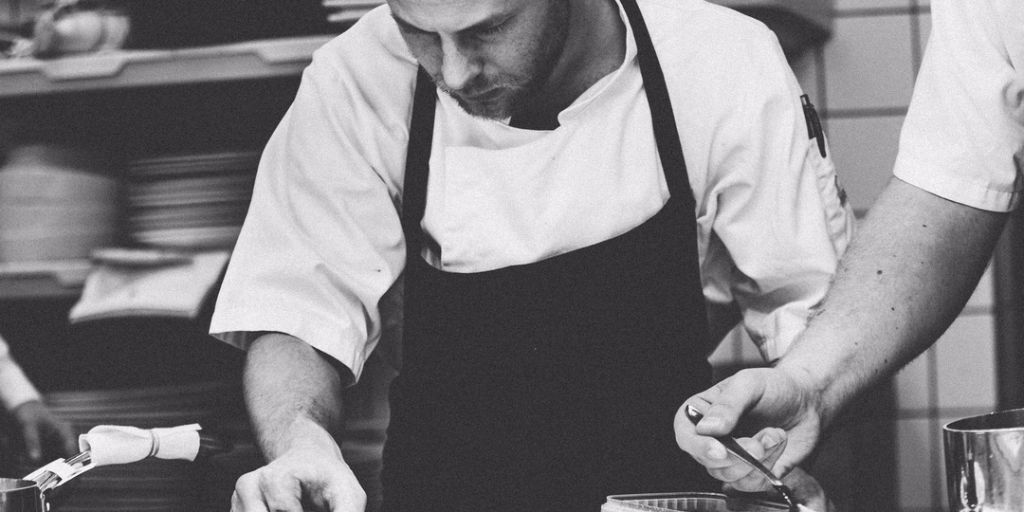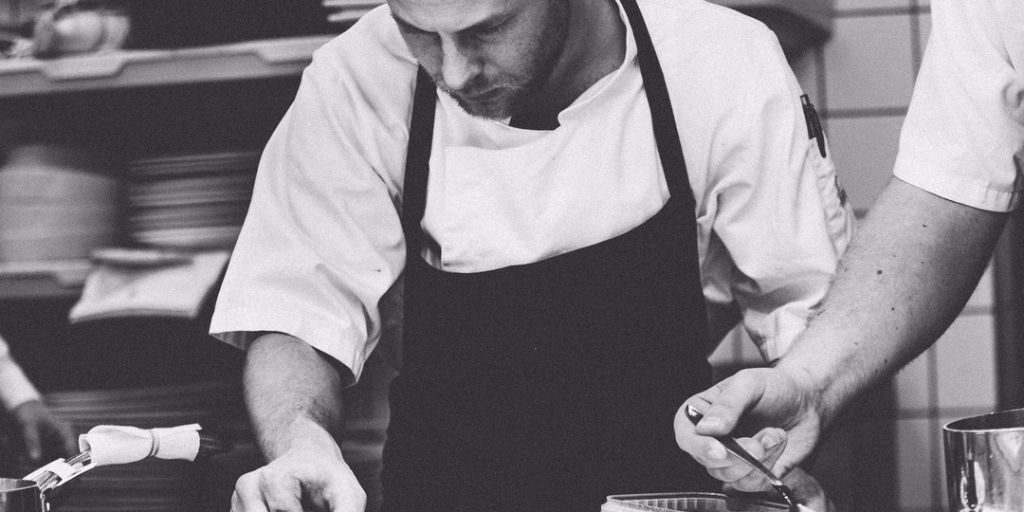Your restaurant must know what she wants and how she works. Anybody who works for her must fulfil the standards set by her and not their own.
- Reordering system
- Purchase specification
- Standard recipes
- Test your recipes
- Visual display
- Product Characteristics
- Prep Sheet
- Work flow sequencing of work
- Task sheet
- Table set up sheet
- Equipment repair and calibration
- Culinary system to ensure reliability
- Scales
- Effective use of pos
- Effective use of mms
- Kitchen leadership
Mango Kurry is a Kitchen & Restaurant Consultant in Mumbai India. Mango Kurry uses a process based methodology to determine requirement for any restaurant operations. As a restaurant consultant a kitchen management system or food production management system can be set up. The system will empower you to train better, easily, manage your costs more effectively.
Kitchen Management: How To manage Kitchen If you are not a chef?
Your restaurant must know what she wants and how she works. Anybody who works for her must fulfill the standards set by her and not their own.
Chefs ,unfortunately, can lack corporate responsibility and worse may not have organisation skills. The key process in any kitchen food production to ensure taste and consistency and safety and sanitation.
The points below some of the key activities that you can perform to ensure that your kitchen food production process is reliable, consistent and produces great taste.
Kitchen Management
1. Kitchen Reordering System
Have a reordering system. The firsts part is that make a schedule of daily order, weekly order and monthly order. The second is setup a predictive method to know how much to order. At a simplest level it can be par stocks and reorder levels. A more advanced system can be used to forecast purchase needs with occupancy levels of the restaurants.
2. Purchase specification
Create purchase specification for all food ingredients. They must cover weight, volume, quality characteristics and safety characteristics.
If you need 130 gram chicken breast, then your specification must say so. Don’t leave it to anyone’s imagination. Its your first point of food cost, safety and quality control.
3. Standard recipes
Insist on standard recipes for all menu items. Ideally the recipe should be both in culinary and metric units. Without recipes don’t place any item on the menu.
Recipes are the intrinsic knowledge of your restaurant and must be mapped. The degree of details will depend the product been created.
4. Test your recipes
Test recipes internally and also with your guest. Customers will tell you more about what is wrong with a dish and what is good than anyone else. If a chef says I like it this way, think again, your customer needs are different.
5. Visual display
Recipes are made to be displayed. They needed to be a part of day to day operations. More people know the recipes, the deeper the knowledge base of your restaurant will be.
6. Product Characteristics
What makes great quality. Conformance to standards. This means what standard do you have for pasta dish? Or whats the portion of meat or vegetables and how do you verify they are being implemented? What tools do you give your team? Its a PDCA cycle.
7. Prep Sheet
How much to prepare is answered by a prep sheet. If you are running short of things on a busy night, check your prep sheets. If you have high wastage check your prep sheets.
8. Work flow sequencing of work
What is the utilisation of your equipment? How is it loaded? How is the kitchen management affected by the arrangement of equipment allows for a smoother flow ? can it be rearranged for greater speed and maybe even lower manpower.
9. Task sheet
This aspect of kitchen management is answer to question who will do what and when. A task sheet should remove all ambiguity of work to be done. It mandates accountability. If work is not done, either person is overloaded or untrained.
10.Table set up sheet
Each section uses ingredient, tools and equipment. How should it be arranged? This needs to be clear. This will ensure that with turnover, you can retrain people. Also, when you see problems you can review the set up. This can be taken to refrigeration. The term used is zoning.
11.Equipment repair and calibration
All equipment must be in good repair. Fridges must be calibrated. When its shows 4 degree , is it really 4 degrees.
12.Culinary system to ensure reliability
Reliability or consistency on a day to day basis is not luck or matter of huge talent or great human endeavour. You need a culinary system!! Prepare work instruction, establish quality control points which will error proof your operations. How do you ensure that 15 grams of cheese has been used? You need to ask questions like what is my logic in my recipes? How can anyone visually demonstrate the knowledge required to develop any menu item.
13 Kitchen Management By using Scales
Everything must be weighed. Nothing is to be left to guesswork. Provide weighing scale for both receiving and production centres.
14.Effective use of pos
The POS or point sale must be used effectively. Avoid the use of open items as it will negate the power of your POS. You need to know what sell, when and by whom. Good POS will tell you ticket times if you use VDS or visual display system. Its will tell you time period for your meals.
15.Effective use of MMS
Make sure you indent templates on your mms. Cant allow your kitchen team to forget to order and ingredient. Make sure your recipes are entered on your MMS or food costing module. The power of MMS
16.Kitchen leadership
Your Chef is not there to teach you about food. But he is required to maintain the system. Motivate the team. Train them. Report the numbers as requested.
As a restaurant owner, you are ultimately responsible for the overall operations. Its important to think strategically and employ these system. Do not expect any one individual or chef in this case to be a messiah and resolve both the short term and long term needs of the organisation. Its important to recognise that no one should hold the keys to knowledge in your organisation. Look after people but be system dependent . A good system harnesses the power of individual and provider for a better work environment.
Mango Kurry is a Kitchen & Restaurant consultant in Mumbai India. By using my consultancy, you can develop a robust food production system which will give you and your organisation a better managed kitchen.



